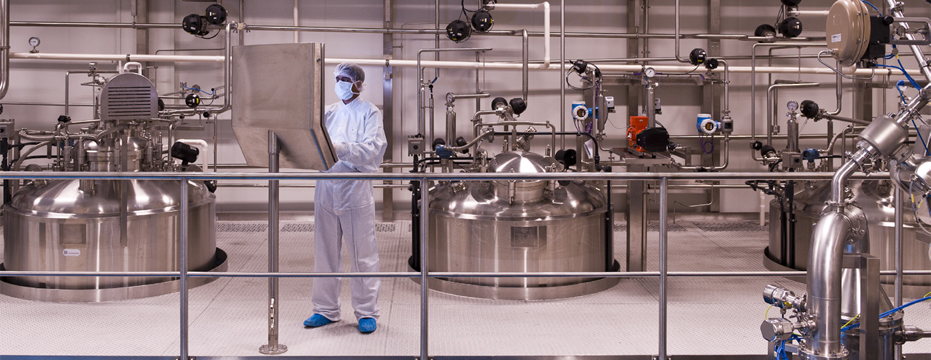Ethiopia now provides major incentives for local and foreign companies that plan to enter the pharmaceutical industry. The benefits range from giving precedence to local companies in government procurement to offering an advance payment for up to 30% of the value of the orders. Pharmaceutical companies based in Ethiopia also enjoy tax-free loans for up to 70% of new investments and a 100% customs duty exemption on imports of all capital goods.
The medical manufacturing industry, which still only accounts for about 15% of the local market, is the focus of a government drive for investment.
The manufacturing sector in Ethiopia is still in its infancy, and the drug industry is no exception. Things are moving fast, with state support and a vibrant local market.
“There is a significant change in the pharmaceutical industry’s landscape between now and five years ago. The government has now given huge attention to the sector,” Mohammed Nuri, the founder and chief executive of Medtech Ethiopia and board chairman of the former state-owned Ethiopian Pharmaceuticals Manufacturing Factory (Epharm), tells The Africa Report. “But still, the country’s pharmaceutical companies barely cover 15% of local demand.”

Pharmaceutical manufacturing in Ethiopia has the potential to provide hundreds more with jobs
The government says the pharmaceutical market in Ethiopia is worth $400m-$500m each year, with growth of 25% per annum. Steady economic growth, improvement in the delivery of health care and the introduction of social health insurance coverage across the country is helping to raise drug consumption.
In October, UNAIDS China and the Chinese Chamber of Commerce organised for six major Chinese pharmaceutical and medical supplies companies to visit Addis Ababa. Representatives of Mindray Medical International, Zhejiang Kangle Pharmaceutical, Desano Pharma, China Regenerative Medicine International, Wuhu Snnda Medical Treatment Appliance Technology Company and Servipharma met with Arkebe Equbay, special adviser to Prime Minister Hailemariam Desalegn, to discuss joint ventures for manufacturing essential drugs.
The Chinese are not the only ones eyeing the Ethiopian pharmaceutical market. Indian, Emirati and European investors are also either about to start production or are planning to invest in Ethiopia.
Pharmaceuticals in Africa
In July 2015, Ethiopia launched a 10-year national plan of action to develop local pharmaceutical manufacturing capacity. The plan, supported by the European Union Commission and the Bill and Melinda Gates Foundation along with the World Health Organisation (WHO), aims to increase access to essential medicines.
According to the national plan, the development of the Ethiopian pharmaceuticals manufacturing sector is still limited in terms of production capacity, technology acquisition and the creation of employment. The plan states that most of the local manufacturers are not compliant with international good manufacturing practice and no single product has been prequalified by the WHO. “We understand and are committed to the envisaged development of the sector in the next 10 years,” Kesetebirhan Admasu, Ethiopia’s health minister, said at the plan’s launch.
Currently, there are 12 pharmaceutical companies operating in the country, and only six of them at full capacity. Cadila, Julphar Ethiopia, the Ethiopian Pharmaceutical Manufacturing Company and Pharmacure are some of the major players. There are also approximately 200 importers of pharmaceutical products and medical consumables in Ethiopia.
Medtech’s Mohammed explains: “Ethiopia’s pharmaceutical industry is attractive compared to [those of] other African countries owing to the large population size here and a growing middle-class population.” He adds that one of his other companies, Julphar Ethiopia, is already exporting its products to Somaliland and South Sudan. He explains that the industry will continue to grow but that the government could do more by adjust- ing its foreign-exchange controls to the needs of companies: “The big challenge we are facing at the moment is lack of access to sufficient foreign exchange.”















